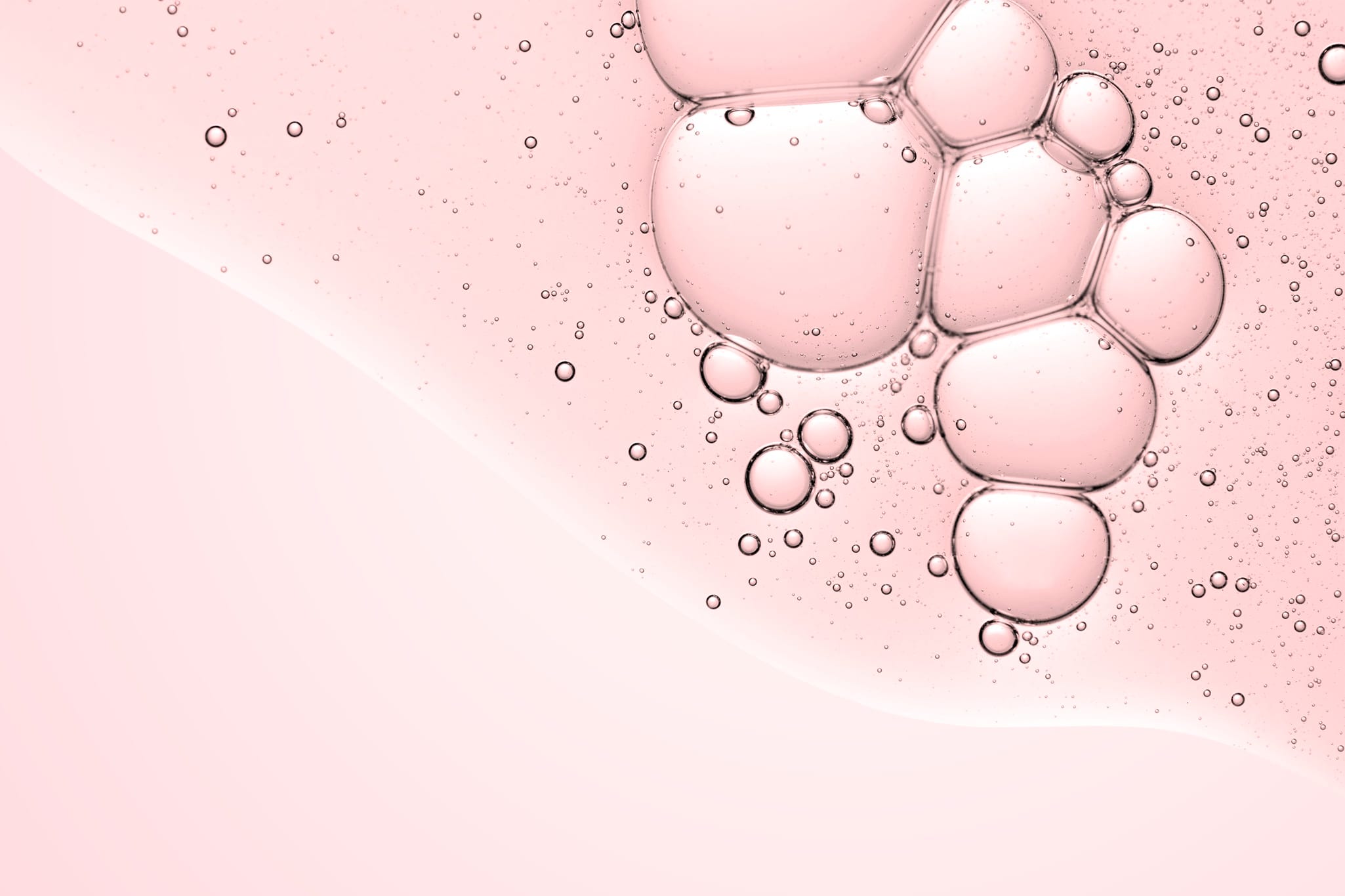Collagen is one of the most important proteins in the human body – it builds skin, bones, joints, muscles and even connective tissue. After the age of 25, its production begins to decrease, which leads to visible and tangible changes – the appearance of wrinkles, joint pain, loss of skin elasticity, and more.
In this article, we will examine in detail what collagen is, why it is essential for health, as well as how we can support its production naturally.
🧬 What is collagen and what does it consist of?
Collagen is a structural protein that is abundant in the human body—making up over 30% of all proteins in the body. It acts as a natural “glue” that keeps our tissues strong and connected. There are at least 28 different types of collagen, but the most common are:
Type I – found in skin, tendons, bones
Type II – main component of cartilage
Type III – supports the structure of organs and skin
🌟 Why is collagen so important?
Collagen plays a key role in maintaining:
1. Healthy and elastic skin
Collagen gives firmness and elasticity to the skin. With age, its level decreases, leading to wrinkles, dryness and sagging. Adding collagen (through food or supplements) can improve the tone and texture of the skin.
2. Joint mobility and pain-free movement
Type II collagen supports cartilage in the joints. When it is deficient, pain, stiffness, and inflammation occur – especially in active people and the elderly. Regular collagen intake can reduce symptoms of osteoarthritis.
3. Healthy bones and muscles
Collagen combines with calcium and phosphorus to strengthen bones and reduce the risk of osteoporosis. It also helps build muscle mass.
4. Hair and Nails
Collagen deficiency leads to hair loss, brittle nails and slowed growth. It helps strengthen and strengthen these structures.
🥦 How to stimulate collagen production naturally?
Including foods rich in amino acids and antioxidants in the menu is key. Here are some main sources:
Bone broth – the best natural source of collagen
Eggs and fish – rich in proline and glycine
Red fruits and vegetables – vitamin C is necessary for collagen synthesis
Garlic and onions – contain sulfur, which helps its production
It is also good to limit factors that break down collagen – such as smoking, UV rays, stress and sugar.
💊 Should we take collagen as a supplement?
More and more studies confirm that taking hydrolyzed collagen (peptides) leads to real results:
Improved skin elasticity by up to 20%
Reduce joint pain by up to 30%
Healthier hair and nails in 8-12 weeks
It is important to choose quality collagen products, manufactured according to good manufacturing practices and with purity certificates.
📍Collagen in Bulgaria – what are consumers looking for?
More and more Bulgarians are turning to natural and effective solutions to maintain their health and appearance. In cities such as Sofia, Plovdiv, Varna, Burgas and Stara Zagora, interest in collagen powder, tablets and liquid collagen is growing, especially among women between 30 and 55 years old.
Consumers are looking for combinations with hyaluronic acid, biotin and vitamin C for optimal effect. Online orders through sites such as Collagena.eu provide convenience and security.
🏃 Collagen and athletic performance
For active people, collagen offers numerous benefits:
- It helps repair muscles and tendons after exercise.
- It reduces the risk of injury by strengthening connective tissues.
- It helps wounds heal faster.
Adding collagen to an athlete’s diet can improve endurance and increase training efficiency.
✅ Conclusion
Collagen is not just a fashion trend – it is a essential component for the health of skin, joints, bones, and many other systems in the body. Whether through food or supplements, maintaining good collagen levels is an investment in your long-term health and youth.
Visit Collagena.eu and discover the best solutions for your body – with care, trust and scientific validity.


0 Comments